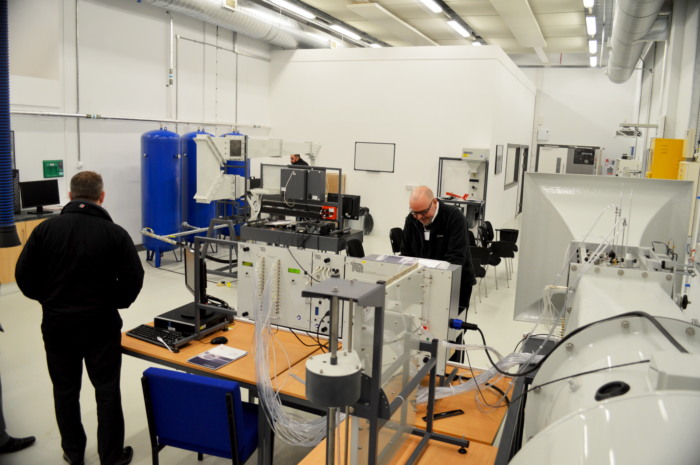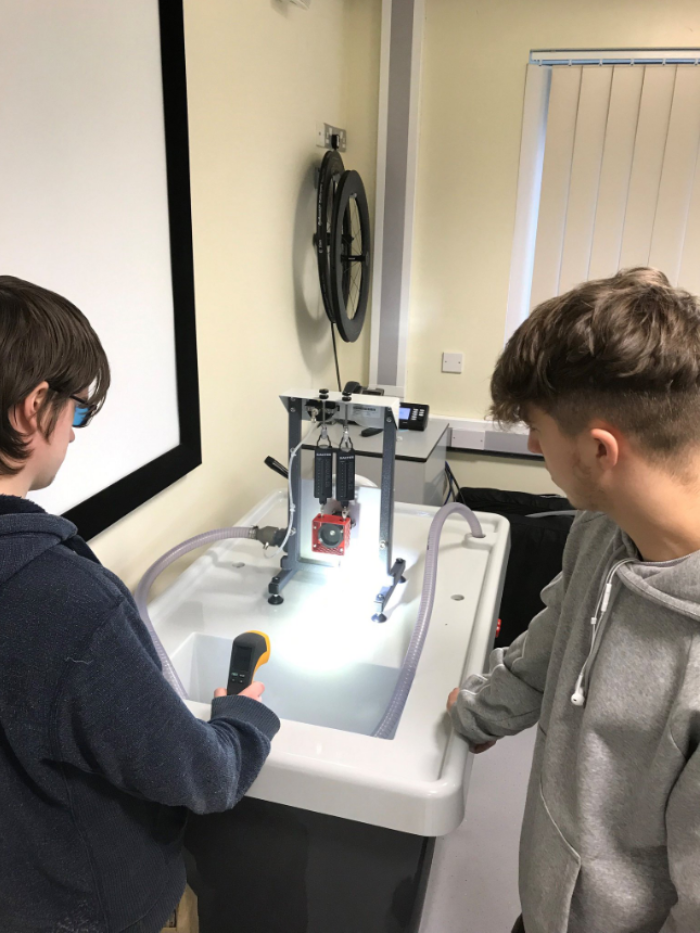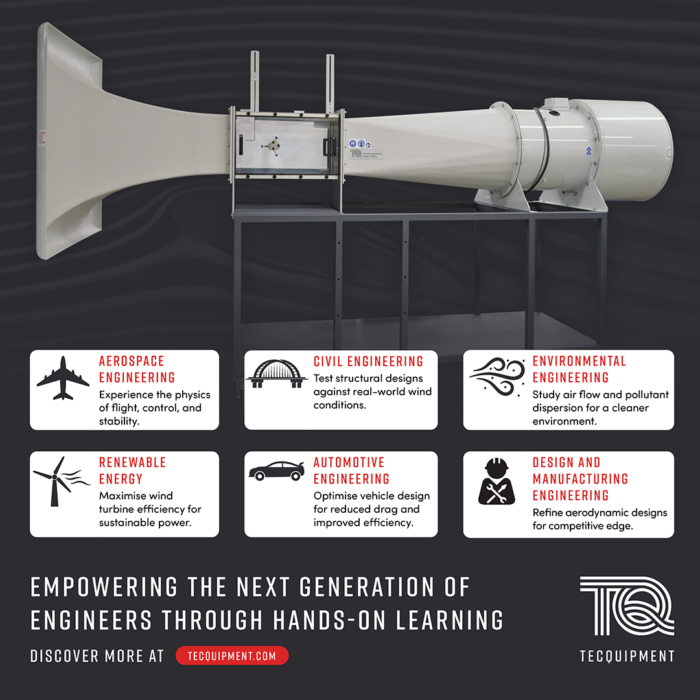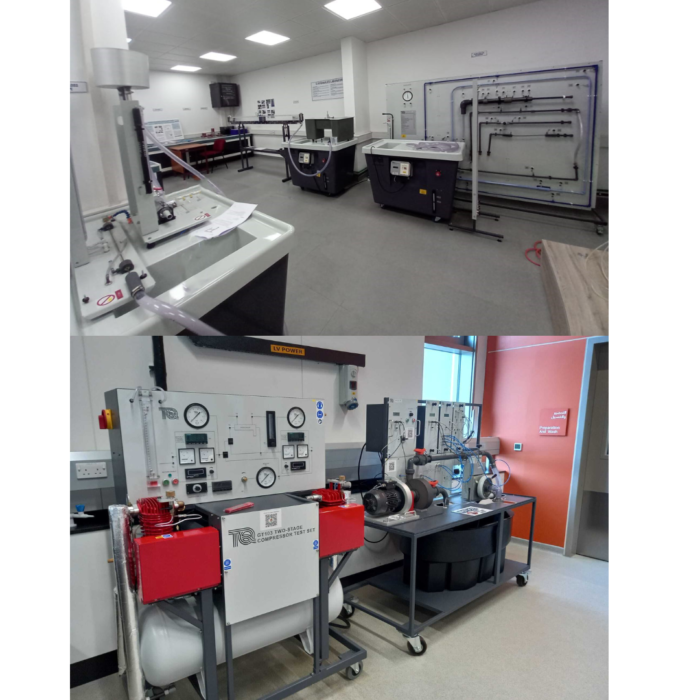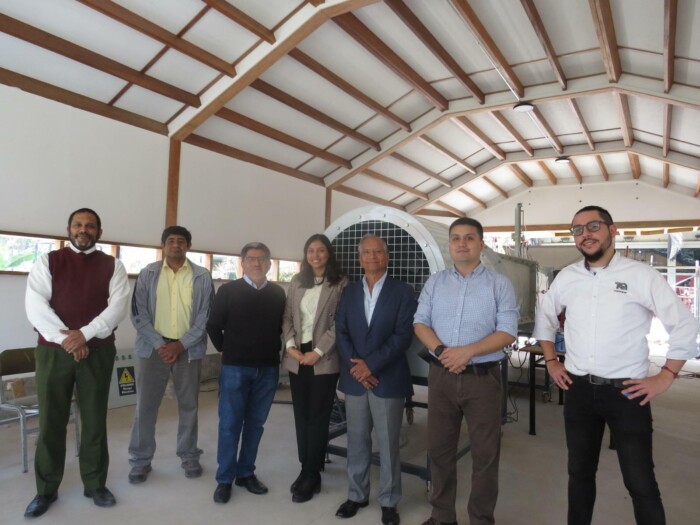Captivating the Next Generation of Engineers and Introducing More Effective Teaching Methods
Dionne Knowles
Last month I had the pleasure of presenting the findings from our study that looked at the perceptions of the role of practical teaching in engineering education to a group at the EERN 2019 annual Symposium. You can read more about the findings here.
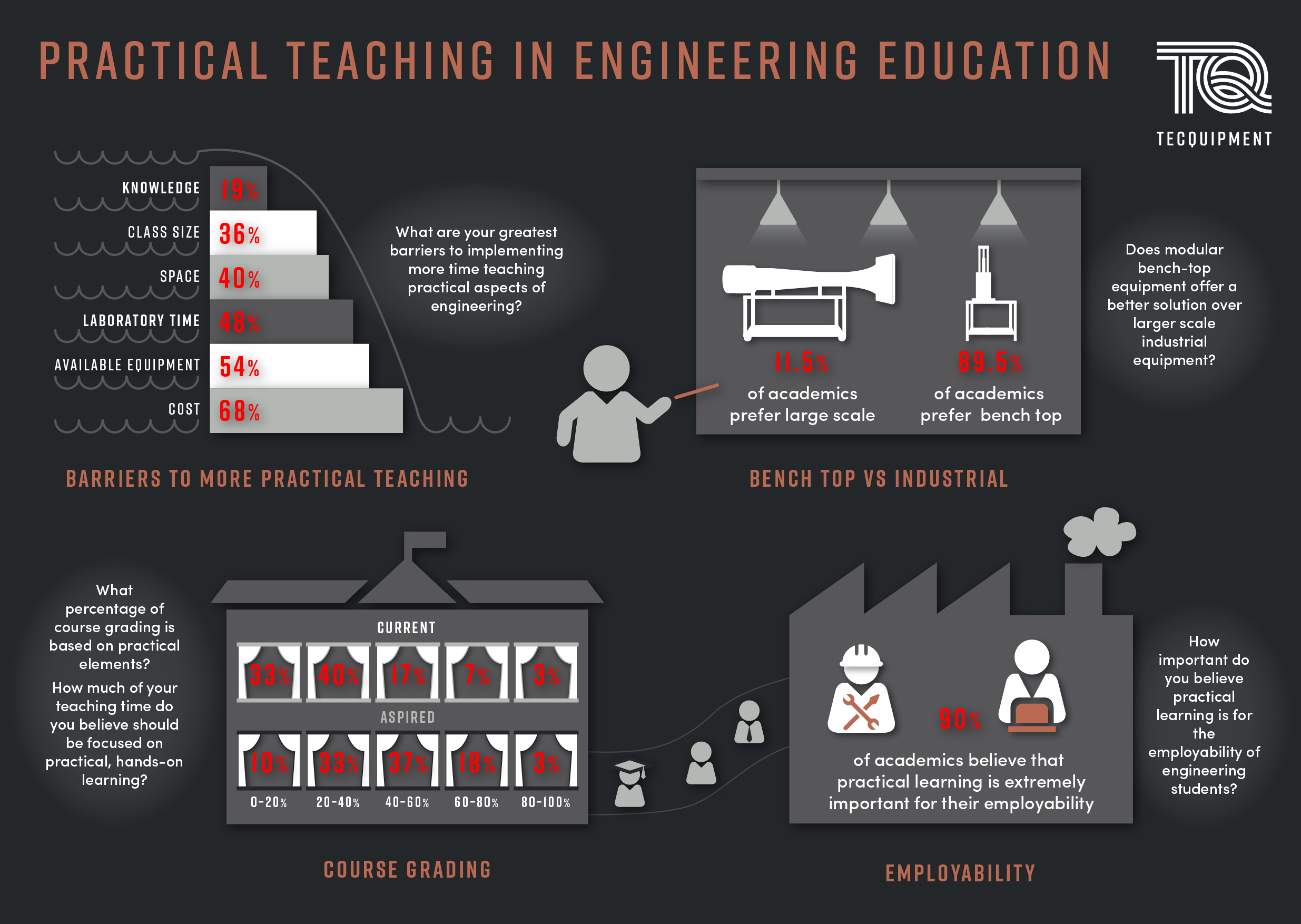
During my time at the Symposium, I had the pleasure of sitting in on some very interesting sessions, with valuable insight worthy of sharing with you here.
Role Models for STEM Make the Biggest Impact
Much effort has been made by educators and industry to promote STEM to young people, yet as a community, we are still struggling to make the impact needed to fill the skills gap. It has been commented that while STEM activities in the moment are captivating young people, this enthusiasm is quick to fizzle out. At the EERN 2019 annual Symposium, Patricia Munoz-Escalona from Glasgow Caledonian University highlighted in her recent study a lack of role models in society that have the potential to make a longer term lasting impact on young people’s aspirations to become an engineer. Patricia and her colleagues ran a teaching programme that paired up teams of student engineers with primary school aged children on projects that lasted nine months and that were sustainable over a few years, in order for children to stay engaged. This was proven to be a much more effective method of giving young people a lasting motivation to pursue a career in engineering.
I’m sure you’ll agree that this should not be the responsibility of academics alone, the wider involvement of role models in young peoples’ lives has the potential to contribute. Arguably, the engineering community as a whole should be playing its part in empowering employees to be more active in promoting engineering role models.
Project Based Learning
Forward thinking academics continue to seek out the most effective methods of teaching engineering students. One trend gaining more momentum is the move towards a project based learning approach. The new higher education institution, TEDI-London, is aiming to fill the skills, innovation and design gap in engineering education through industry collaboration and project based learning. Judy Raper, the Dean and CEO of TEDI explained that students will learn driven by projects that involve the local community and industry. They will use a digital ‘Learning Tree’ that has 500 sections, each of three hours duration that will be like a computer game.

Following on from the Symposium, I invited one of the founding members of EERN to explain more about the 7th Symposium and the role in the organisation for improving engineering education.
Read on to find out more...
EERN and the Symposium
Roger Penlington
In the spirit of sharing interests and disseminating information on engineering education this is a brief report on the 7th Symposium of the UK & Ireland Engineering Education Research Network which took place at the University of Warwick on the 16th and 17th December 2019.
About EERN
Firstly a brief introduction to the UK&I EER Network; formed 10 years ago it has grown to over 300 members who meet to promote evidence based practice in engineering education. Although primarily existing to foster scholarship in HE engineering education across the UK and Ireland through its growing reputation, it also has members from Europe, North America and Australia. By holding a two-day annual symposium and one-day colloquium not only are research outcomes presented but topical and provocative discussions and informative workshops held. A key aspect of being an evidence-based research network is the incorporation of regular workshops that support research skill development in both quantitative and qualitative methods.
The Network also has a sub-group which specifically seeks to support Newer Researchers, be they PhD students or established engineering academics who are entering the field of pedagogic research.
The 7th Symposium in December comprised of over 50 presentations and workshops covering a range of topics across engineering pedagogy practice and policy for the 21st Century, placing how engineering thinking is taught above what engineering content is taught. Presentations included discussion around the familiar challenges of diversity, mathematics and fundamental skills development as well as design, practical, interdisciplinary and technology enhanced learning within traditional, distance and collaborative provision.
All the papers presented have been included in a set of proceedings which with the proceedings of the earlier meetings are available on the Past Events page of the Network’s website at; https://hefocus.raeng.org.uk/network-events/





